Africa
Trump administration plans to shut down nearly 30 U.S. embassies — over half in Africa
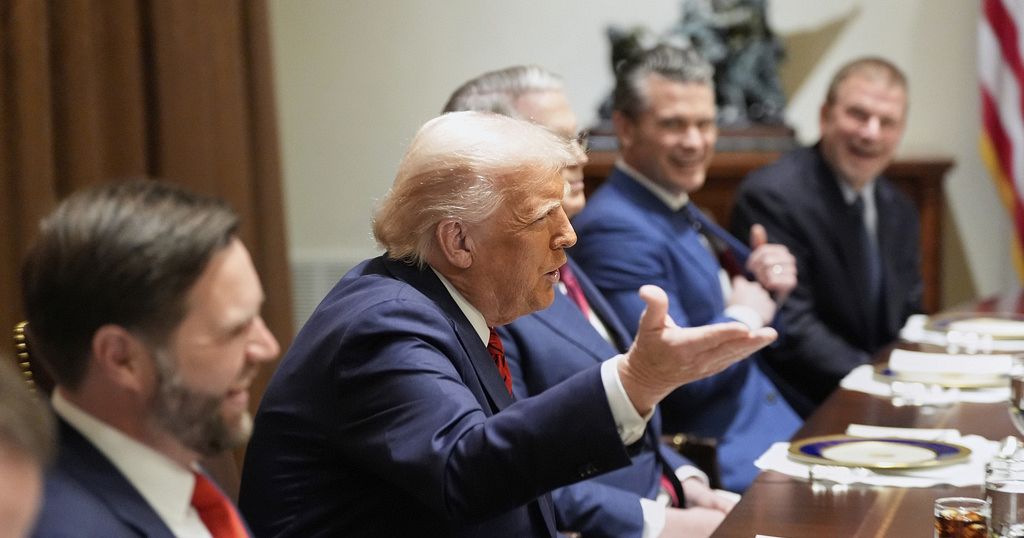
The Trump administration is considering a significant reduction in the United States’ diplomatic presence worldwide, with a proposal to close nearly 30 embassies and consulates, over half of which are located in Africa.
This initiative is part of a broader plan to cut the State Department’s budget by nearly 50%, aiming to reduce foreign aid by approximately 75%.
According to an internal State Department document, the proposed closures include embassies in Lesotho, Eritrea, the Central African Republic, the Republic of Congo, The Gambia, and South Sudan. Additionally, consulates in Durban, South Africa, and Douala, Cameroon, are slated for closure, with their responsibilities potentially being transferred to neighboring countries.
Critics of the proposal express concern that reducing the U.S. diplomatic footprint in Africa could diminish American influence on the continent, especially as other global powers, such as China, continue to expand their presence. They argue that such closures could hinder diplomatic relations, economic partnerships, and the promotion of democratic values.
The administration’s plan also includes the potential closure of embassies in European countries like Malta and Luxembourg, as well as consulates in various cities across Europe and Asia . These proposed changes are part of a larger effort to streamline government operations and reduce federal spending.
Africa
Unprecedented trial for apartheid atrocities opens in South Africa
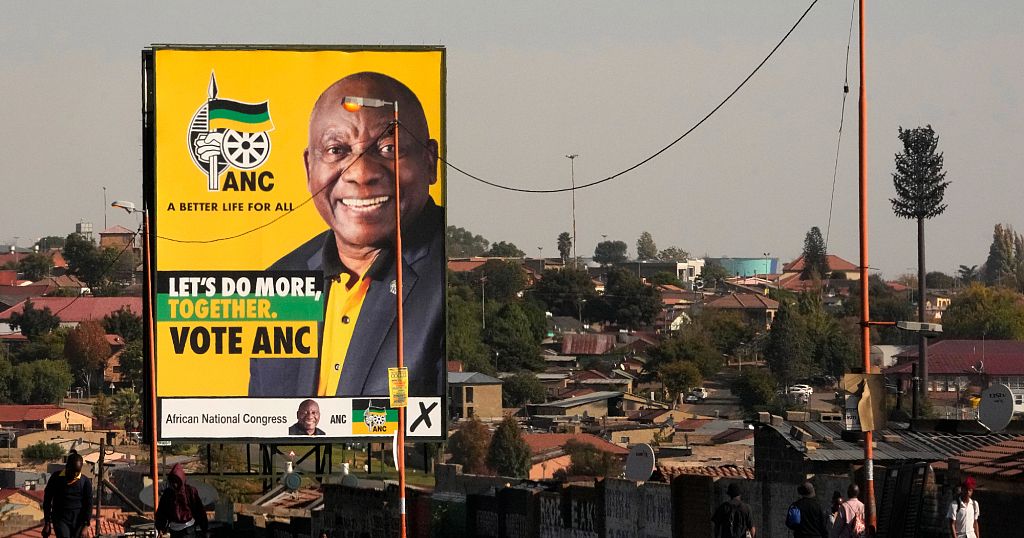
A significant step by South Africa’s legal system in confronting the atrocities of the country’s dark political past.
A judge this week approved the trial of two apartheid-era police officers for their involvement in the 1982 assassination of three student activists.
The prosecution is unprecedented. Until now, no individual had been held accountable for the crime of apartheid.
The case centers around three young freedome fighters killed in an explosion in 1982. The victims were part of a resistance movement opposed to the apartheid regime which enforced White-only rule and domination over the Black majority.
Experts say the trial could open the door for others.
Also this week, South Africa reopened an investigation into the death Albert Luthuli, a former president of the African National Congress (ANC) and Nobel Peace Prize laureate, who was killed in 1967.
The prosecuting authority seeks to have the findings of previous inquests into Luthuli overturned.
The authorities at the time had concluded that Luthuli’s death the result of an accident.
The development comes more than 30 years since South Africa became a democracy and after a Truth commission unearted numerous atrocities.
Africa
Tanzania opposition says jailed leader not seen by family, lawyers
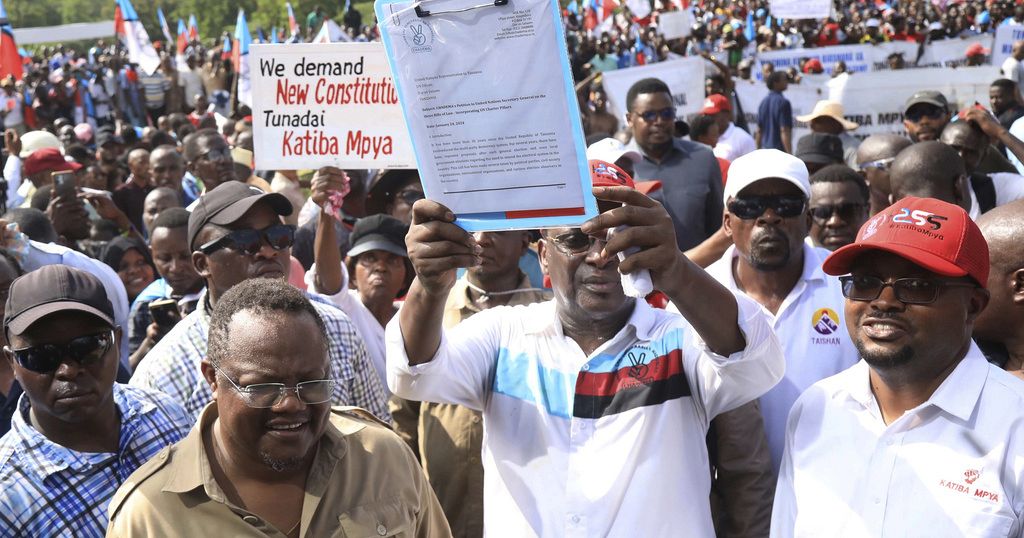
Tanzania’s main opposition party said it had failed to get access to its leader who is in detention on treason charges.
CHADEMA said Friday that the family and lawyers of Tundu Lissu had failed to see him at a Dar es salaam jail where he had been kept since his arrest on April 9.
In a statement, the party said it held the Tanzanian government and Prisons Service responsible ble for Lissu’s safety.
The Prisons Service quickly denied that Lissu had been moved from jail.
In a statement, the agency dismissed CHADEMA’s concerns as misinformation.
“We would like to inform the public that Tundu Lissu is safe and he is still detained at Keko Prison in Dar es Salaam according to the country’s laws and procedures,” the Service said in a statement.
Lissu came second in Tanzania’s 2020 presidential election. Last week, he was arrested and later charged with treason after a speech demanding election reforms.
Prosecutors said the speech called for an uprising.
With another presidential vote on the horizon, critics say President Samia Suluhu Hassan’s government has ramped repression against the opposition.
This week, the election commission banned CHADEMA from taking part in elections after the party refused to sign a document pledging to obey the commission’s orders.
Africa
DRC: Kabila arrives in rebel-held Goma after return from exile
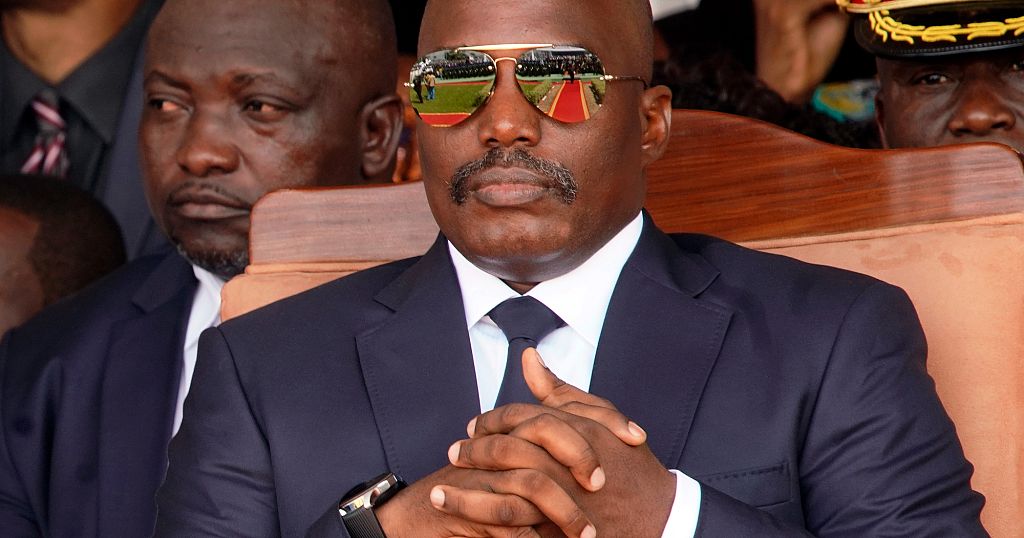
Former Congolese President Joseph Kabila, accused by the government of supporting rebels in the country’s east, returned to Congo from self-imposed exile on Friday, arriving in rebel-held Goma city, two of the ex-president’s associates and a rebel official said.
Kabila, who left Congo in 2023, came to Goma “to participate in peace efforts” in the conflict-hit east where Rwanda-backed M23 rebels have seized large swaths of territory, including the strategic eastern city, said a close aide of the former president.
Another associate of Kabila’s and a senior M23 official also confirmed the former president’s return. The three spoke on the condition of anonymity because they were not authorized to speak to the media on the topic.
Congo’s decades-long conflict escalated in January, when the rebels advanced and seized Goma, followed by the town of Bukavu in February. The fighting has killed some 3,000 people and worsened what was already one of the world’s largest humanitarian crises, with around 7 million people displaced.
Kabila seeks “to take part in efforts to find peace in the country,” his aide said. “Everyone is talking about Congo without the Congolese … this is not normal.”
The former president is expected to address Goma residents at some point, according to his associate, who accompanied Kabila on the trip.
It was not immediately clear how long Kabila would remain in Goma or what his plans were.
Kabila’s long-expected return is seen as controversial, with some analysts saying his presence in Goma could worsen tensions between the rebels and the Congolese government, especially amid ongoing efforts to negotiate a ceasefire.
Representatives of Congo’s government and M23 met in Qatar earlier this month as the Gulf Arab state leads renewed efforts to get both parties to return to dialogue and recommit themselves to a peace deal they each accuse the other of violating.
Christian Moleka, a political scientist at the Congolese think tank Dypol, said it was likely to have a “detonating effect on Congolese politics,” and strengthen the accusations by “those who believe that there is a connection between him and the M23 rebellion.”
Congolese President Felix Tshisekedi last year accused Kabila of backing the rebels and “preparing an insurrection” with them, a claim Kabila denies.
Kabila led Congo from 2011 to 2019, taking office at the age of 29 and extending his mandate by delaying elections for two years after his term was ended in 2017. His father, former President Laurent Kabila, was assassinated in 2001.
After leaving Congo, Kabila lived in South Africa and other African countries.
-

 Lifestyle1 day ago
Lifestyle1 day agoSweets from the sky! A helicopter marshmallow drop thrills kids in suburban Detroit
-

 Sports1 day ago
Sports1 day agoAaron Rodgers ‘not holding anybody hostage’ as he decides his future, retirement a possibility
-

 Education1 day ago
Education1 day agoHarvard’s battle with the Trump administration is creating a thorny financial situation
-

 Europe2 days ago
Europe2 days agoUS, Ukraine and European officials hold ‘excellent exchange’ in Paris, in highest level talks in weeks
-
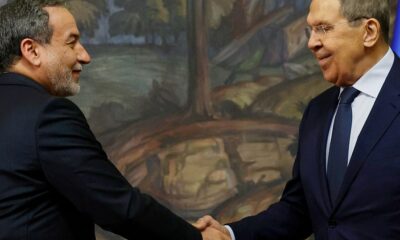
 Africa1 day ago
Africa1 day agoIran seeks Russia’s support for its nuclear talks with US
-

 Sports2 days ago
Sports2 days agoNY Rangers’ Panarin, MSG reportedly made settlement payments after employee made sexual assault allegations
-

 Sports2 days ago
Sports2 days agoLos Angeles Rams honor first responders by conducting 2025 NFL Draft from Los Angeles Fire Department
-

 Middle East2 days ago
Middle East2 days agoSaudi defence minister visits Tehran before Iran-US talks | United Nations News




